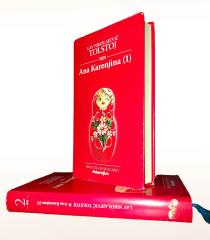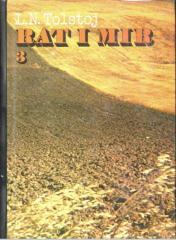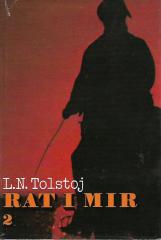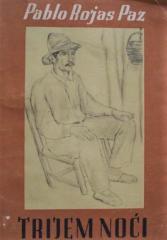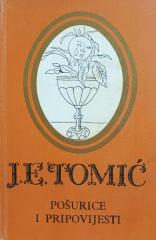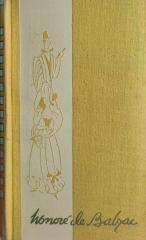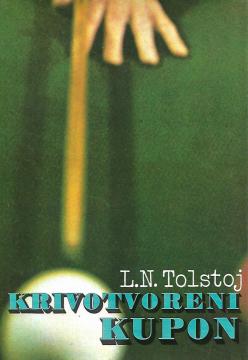
Krivotvoreni kupon i druge pripovijesti
Pripovijetke Jutro jednog vlastelina, Iz zabilježaka kneza Nehljudova, Markerove zabilješke, Platnomjer, Dva husara, Kavkaski zarobljenik, Krivotvoreni kupon, Posmrtni zapisi starca Fjodora Kuzmiča i Zašto? istražuju teme morala, društva i duhovnosti.
Jutro jednog vlastelina (1856.): Mladi knez Nehljudov pokušava reformirati život seljaka na svom imanju, ali nailazi na njihov otpor i vlastite iluzije. Priča otkriva raskorak između idealizma i stvarnosti, odražavajući Tolstojevu ranu kritiku društvenih nejednakosti.
Iz zabilježaka kneza Nehljudova (1856.): Nehljudov, boraveći u Luzernu, svjedoči nepravdi prema siromašnom glazbeniku. Ova epizoda ga navodi na promišljanje o licemjerju aristokracije i moralnoj dužnosti, najavljujući Tolstojevu kasniju društvenu kritiku.
Markerove zabilješke (1857.): Priča prati život kockara koji bilježi svoja iskustva, otkrivajući uništavajuću moć strasti. Tolstoj istražuje moralnu propast kroz introspektivan prikaz, odražavajući njegovu fascinaciju psihologijom.
Platnomjer (1887.): Seljak Ivan, suočen s teškim radom, otkriva duhovnu snagu u jednostavnosti. Priča slavi skromnost i rad, odražavajući Tolstoyevu kasnu filozofiju jednostavnog života i kršćanskog morala.
Dva husara (1856.): Dva časnika, otac i sin, uspoređuju se kroz svoje ponašanje. Stariji husar je šarmantan, ali nemoralan; mlađi nastoji biti častan. Novela suprotstavlja romantiziranu prošlost i moralnu svijest, pokazujući Tolstojev rani realizam.
Kavkaski zarobljenik (1872.): Ruski časnik Žilin, zarobljen na Kavkazu, bježi uz pomoć lokalne djevojke. Priča, inspirirana Tolstojevim iskustvima, slavi hrabrost i humanost preko kulturnih granica, s naglaskom na jednostavnu naraciju.
Krivotvoreni kupon (1904.): Krivotvoreni novac pokreće lanac nemorala i patnje, ali i iskupljenja. Postumna novela istražuje posljedice grijeha i mogućnost duhovne obnove, odražavajući Tolstojevu kasnu moralnu viziju.
Posmrtni zapisi starca Fjodora Kuzmiča (1905.): Starac, možda prerušeni car Aleksandar I, živi asketski, tražeći duhovni mir. Priča spekulira o odbacivanju moći radi duše, odražavajući Tolstojev ideal kršćanske skromnosti.
Zašto? (1906.): Poljski revolucionar bori se protiv carske represije, ali gubi obitelj i ideale. Novela kritizira nasilje i patnju, odražavajući Tolstojev pacifizam i suosjećanje s potlačenima.
Ove novele pokazuju razvoj Tolstojevog stila, od ranog realizma (Dva husara, Jutro jednog vlastelina) do kasnih moralnih parabola (Krivotvoreni kupon, Platnomjer). Inspirirane njegovim iskustvima na Kavkazu i duhovnim preobražajem, one anticipiraju teme Rata i mira i Uskrsnuća. Dok rane priče istražuju društvo i psihologiju, kasnije naglašavaju kršćanski moral i odbacivanje materijalizma, čineći ih ključnim za razumijevanje njegove filozofske evolucije.
Rane novele poput Kavkaskog zarobljenika hvaljene su zbog živosti, dok su kasnije (Krivotvoreni kupon, Zašto?) izazvale polemike zbog radikalnih stavova. Kritičari su cijenili stil, ali neki su kasnija djela smatrali didaktičnima. Danas se cijene kao dragulji Tolstojevog svestranog genija.
Angeboten wird ein Exemplar
